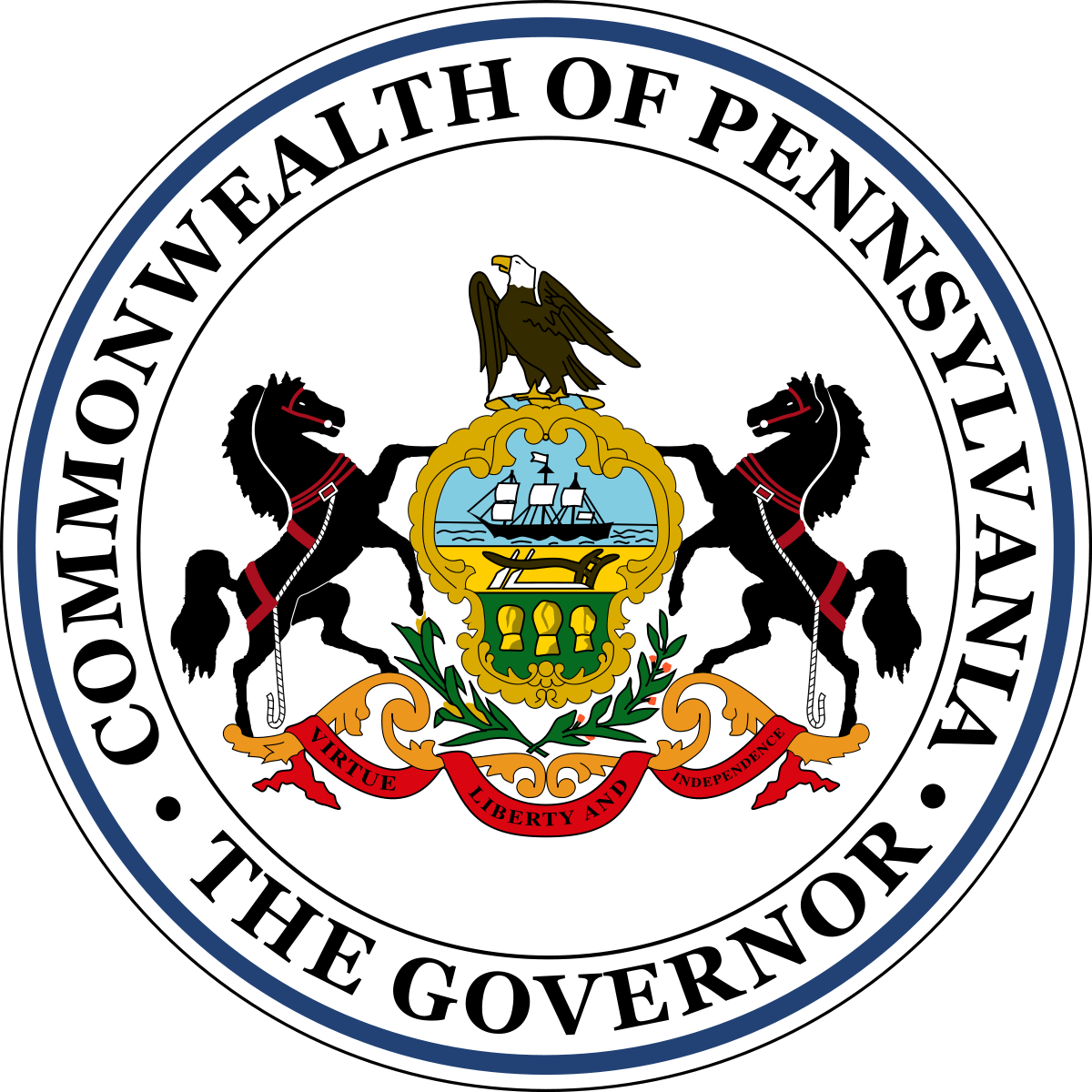Gov. Wolf Signs COVID-19 Response Bills to Bolster Health Care System, Workers, and Education and Reschedule the Primary Election
Harrisburg, PA – Governor Tom Wolf signed four bills today to fight the COVID-19 pandemic in Pennsylvania that bolster the health care system, benefit workers and schools, and reschedule the 2020 primary election for June 2.
The governor signed House Bill 1232, which provides $50 million for the Wolf administration to purchase medical equipment and supplies for hospitals, nursing facilities and emergency medical services to meet the urgent needs by patients and staff.
“This funding will allow Pennsylvania to get more beds, ventilators, and other personal protective equipment that our health care system needs for a surge in patients,” said Governor Wolf. “The state and our health care system are mobilizing as fast as possible to provide medical workers with the equipment they need to care for patients.”
The governor also signed, Senate Bill 751, which waives the requirement for schools to be in session at least 180 days, provides for continuity of education plans, ensures school employees are paid during the closure, and provides the Secretary of Education with authority to waive student teacher and standardized assessments. The Department of Education previously announced the cancellation of all PSSA testing, Keystone exams and the Pennsylvania Alternate System of Assessment for the 2019-20 school year.
The governor signed Senate Bill 422, which reschedules the 2020 primary election from April 28 to June 2. and makes other election process changes, including some due to the COVID-19 emergency. The bill provides process improvements to Act 77 of 2019, to allow counties to begin processing and tabulating mail ballots beginning at 7 a.m. on election day, rather than after the polls close at 8 p.m. Additionally, the measure allows counties to temporarily consolidate polling places without court approval and eases other rules regarding location and staffing of polling places for the primary to respond to county concerns about a potential shortage of poll workers and appropriate polling place locations.
“Delaying this year’s primary election as several other states have done is in the best interests of voters, poll workers and county election officials,” said Governor Wolf. “I commend the General Assembly for acting quickly on this critical legislation. The Department of State will continue to work with local election officials to ensure Pennsylvania has a fair and accessible election.”
The governor reminded voters of the new option to vote by mail-in ballot rather than going to a polling place on election day. Already more than 215,000 registered voters have signed up for either a mail-in or absentee ballot, with nearly 78 percent using the commonwealth’s new online application. Those voters do not need to file new applications despite the change in primary date.
The governor also signed House Bill 68, which makes applying for unemployment compensation easier for workers affected by the COVID-19 pandemic. The bill requires the Department of Labor & Industry to waive the one week waiting period and job search and work registration requirements for claimants under the disaster emergency, provides automatic relief from benefit charges for employers whose account would otherwise be charged during the disaster emergency, increases timeframes and allows for interest-free payment plans, and provides the secretary with the ability to adopt temporary regulations to ensure compliance with federal law.
The governor signed House Bill 1578 which makes technical changes to the disclosure of fees in declarations and in public offering statements of planned communities, cooperatives, and condominiums and to permit corrective amendments to the bylaws of planned communities, cooperatives, and condominiums by utilizing the current procedure used to make corrective amendments to declarations.
The governor vetoed House Bill 1100.
Visit the commonwealth’s Responding to COVID-19 guide for the latest guidance and resources for Pennsylvanians or the Pennsylvania Department of Health’s dedicated coronavirus webpage for the most up-to-date information regarding COVID-19.


